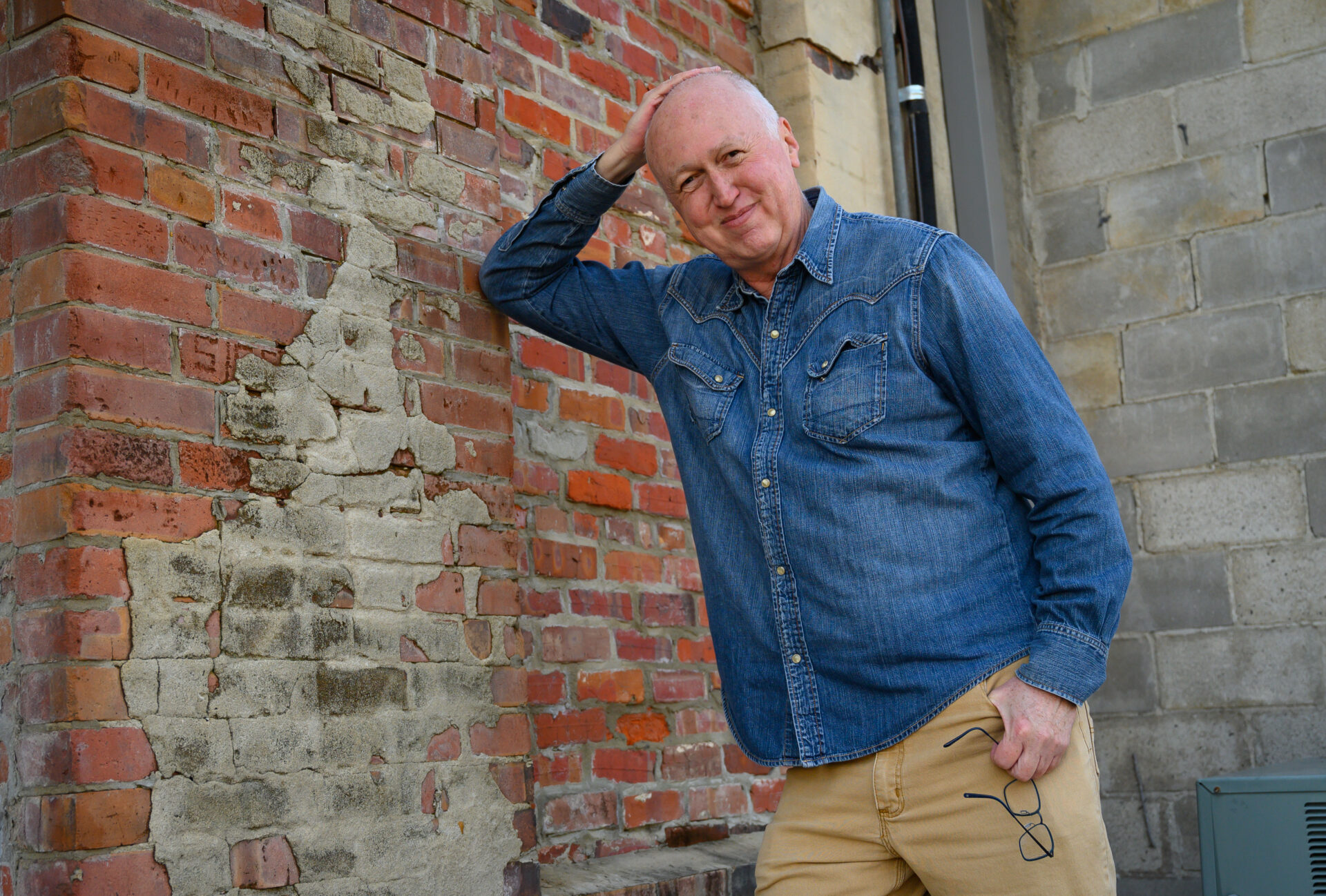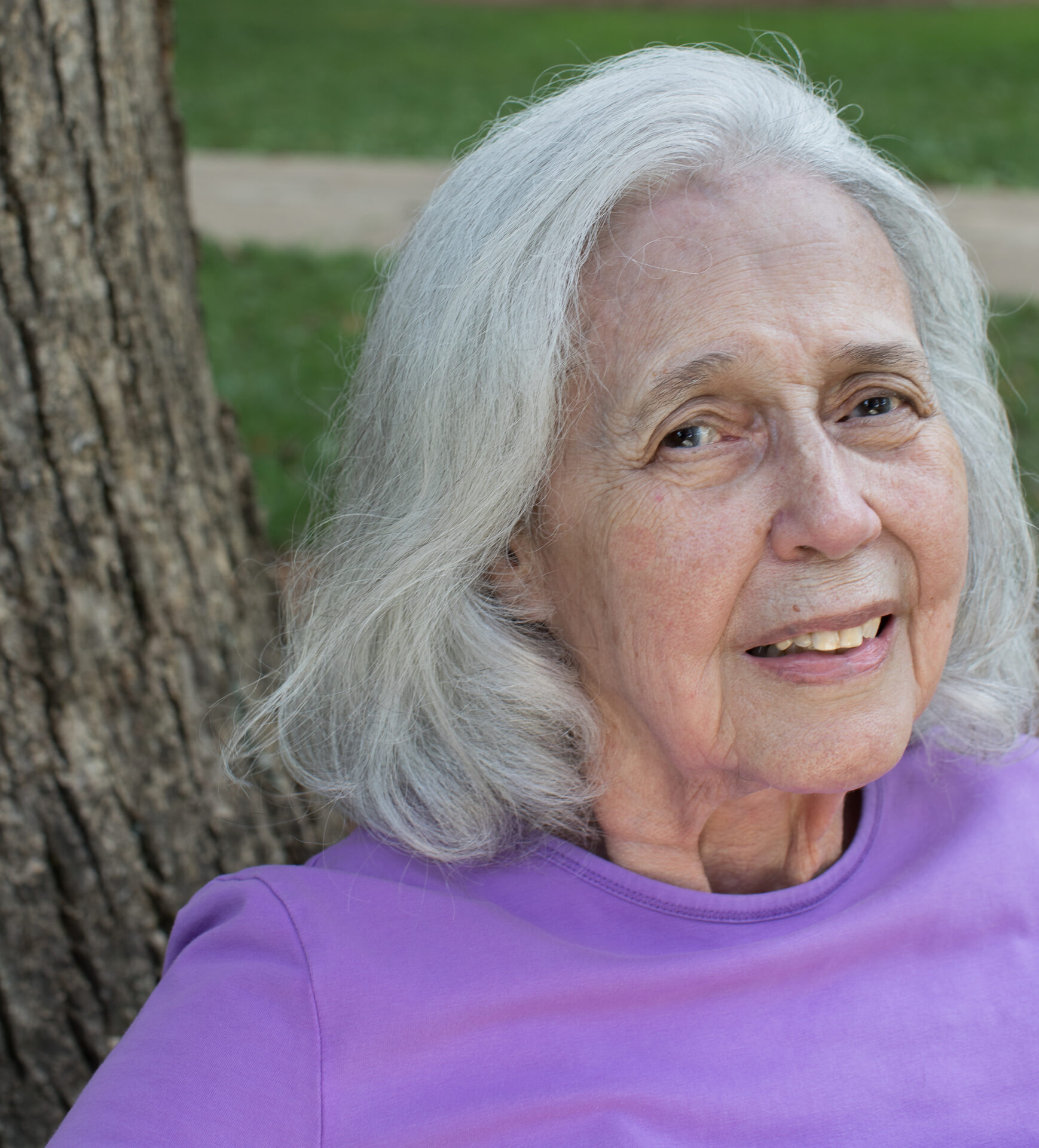Featured
UM Class Visits MS State Veteran’s Home for ‘Profiles in Courage’ Series
By Maddie McGee
Journalism Student
*Editor’s Note: The eight profiles of veterans will be published this weekend in remembrance of Memorial Day. It is a collaboration between UM Professor Mark K. Dolan and Samir “Mr. Magazine™” Husni. The stories were originally published in Circle and Square magazine. Two profiles will be published each day through Monday, May 27.
When we think about Oxford and Ole Miss, the typical images may first come to mind: the Square during Double Decker weekend, the Grove packed with tailgaters before an SEC match-up, the Lyceum dotted with red tulips, hundreds of students rushing past heading to class.
While these are some of the most recognizable pieces of our little slice of Northern Mississippi, we often focus on only these images, forgetting that they aren’t the only stories our town has to tell. There are entire groups of people in Oxford that often are forgotten about in favor of the undergraduates, football stars and sleek Southern artists, writers and restaurateurs who often make news.
In an attempt to tell the stories of these hidden populations, journalism professor Mark Dolan and his Honors 102 class embarked on a semester-long project, centering their focus on the elderly community in Oxford. They found their story at the State Veterans Home.
Just off of South Lamar Boulevard, away from the Square teeming with culture and nightlife and the Circle laced with tradition and academia, sits the State Veterans Home. Here, veterans from wars ranging from World War II to Korea to Vietnam live. They bear the wounds of war, both physically and mentally. But they’re also full of stories and memories about the conflicts they were involved in and their lives before and after the years they gave to their country; accounts of growing up in a sharecropping family or the devastation of losing friends while overseas.

Mark K. Dolan.
For Dolan, the connection to the Veterans Home was about more than just uncovering this hidden population in Oxford. It was more personal.
Dolan’s mother is one of two female veterans who call the facility home. Both his mother and father were Korean War veterans, serving in the Navy.
“When I look back on their lives, I’m always intrigued by their military careers,” he said. “There weren’t a lot of women like my mom, who left New Orleans after high school and decided she wanted to join the Navy.”

Winnie Dolan. Photo by Mark K. Dolan.
During this semester-long project, Dolan made the decision not to tell his students about his personal link to the Veterans Home.
“I didn’t tell them during the whole thing and I still haven’t told them,” he said. “I didn’t want to in the beginning because it would have complicated the project, and I didn’t want them to think ‘Well, the only reason why we’re doing this project is because of the professor’s mom.’”
Their project resulted in eight profiles of veterans, each with different experiences and vastly different stories to tell.
“It really hits home when you hear their stories,” Dolan said. “You’re sitting there talking to a man in a wheelchair about his memories and sometimes, they’re very vivid with things in the past but then not so well with the things that happened ten minutes ago.”
Andrew Plugge, Assistant Administrator at the veterans home, also noted the significance of getting a record of each of these unique stories because at their core, they all share a common thread.
“It is so important because each veteran has a different story, but they all at some point made the choice to drop their lives and serve their country,” he said.
The project also had a personal connection to Plugge.
“Both of my grandfathers went overseas to fight in WWII and came back injured,” he said. “Neither of them, much like many that share a similar story to them, wanted to bring those horrors back to their family so we never discussed any of it. When I get to hear and read these stories I feel much closer to both of my grandfathers, who both meant so much to me.”
It is personal connections like these, the links between understanding the stories of families and what they have sacrificed that turned the project into more than just a class assignment for some students.
“It became this thing that held resonance for them,” Dolan said. “One day, I asked how many of them knew veterans or had them in their families and then they got it. All of those people made it possible for us to be sitting here doing this right now.”
Both Dolan and Plugge understood the impact of highlighting a lesser-known community in a town full of frequent newsmakers.
“There are not many places left that have a sense of community that equal this little town in Northwest Mississippi,” Plugge said. “Getting these stories out there to the community is a reminder that there are veterans here who still want to be a part of this town and everything it has to offer, and feel like they themselves still have much to offer.”
Ultimately, the project encouraged breaking out of the Oxford bubble and redefining what makes news in our town.
“In Oxford, we celebrate our own celebrities a lot. There are these familiar faces, almost like Mount Rushmore,” Dolan said. “But I thought, why not these people for a change?”
The following pages profile veterans who were forced to drop out of high school after being drafted, veterans who have had near brushes with death, veterans who struggle with PTSD and veterans who have revisited the places where they fought so many years ago.





























